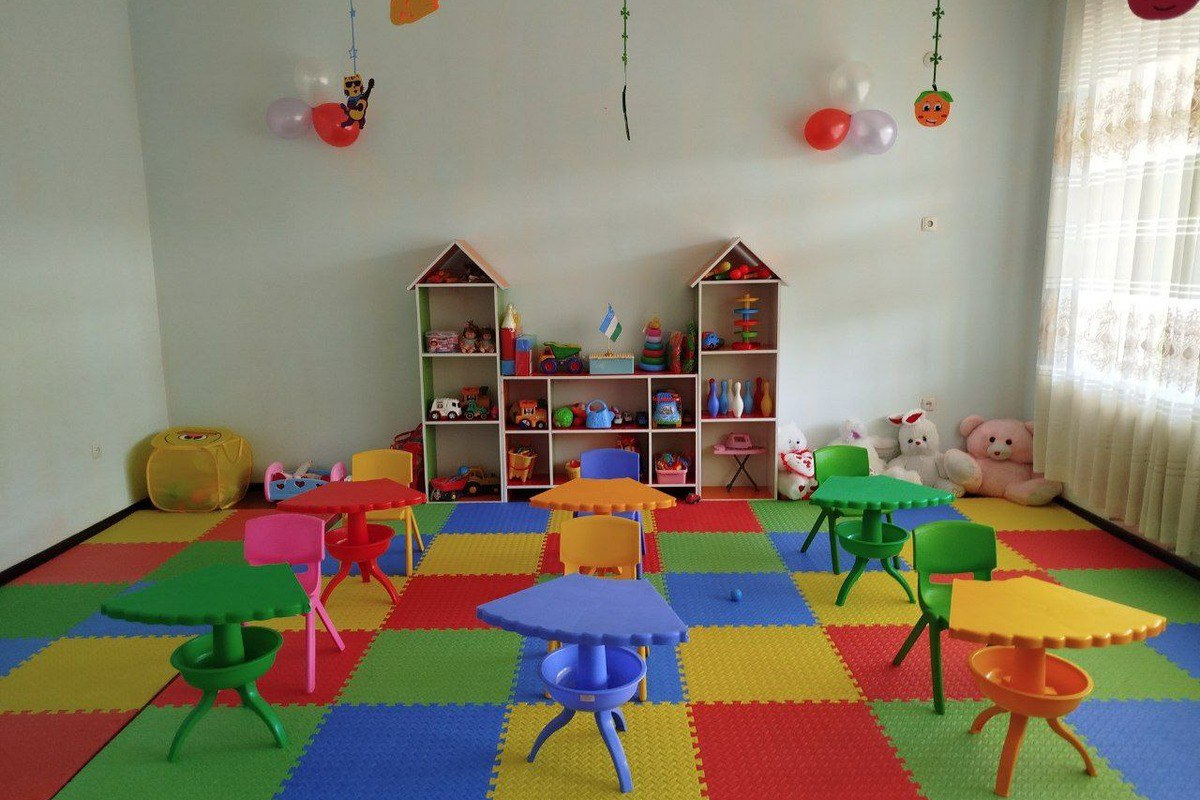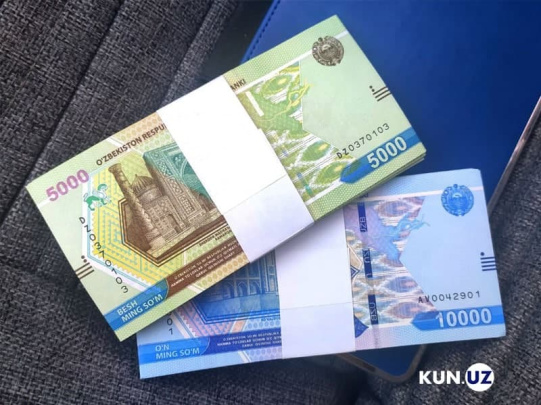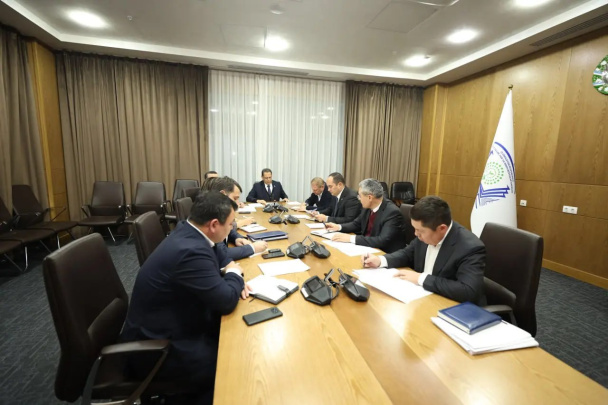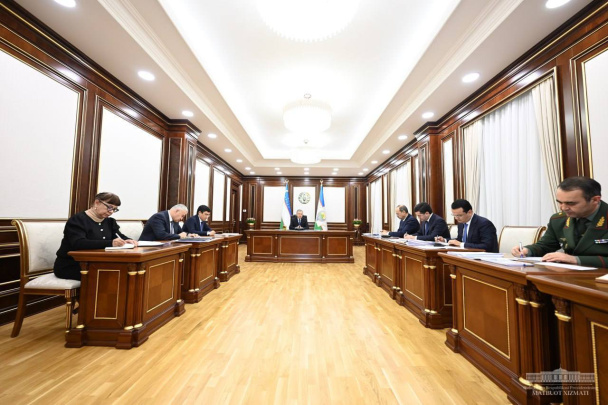Uzbekistan secures $50 million to expand private kindergarten network
Uzbekistan plans to allocate $50 million towards the development of new private kindergartens, according to a recent statement made by President Shavkat Mirziyoyev during an address marking Teacher and Mentor Day. The initiative, announced by presidential press secretary Sherzod Asadov, aims to support the continued growth of the non-state education sector in the country.

In the past seven years, Uzbekistan has witnessed rapid growth in private educational institutions. The number of private schools has increased 18-fold, from 27 to 500, while private kindergartens have seen a 12-fold increase, growing from 250 to 3,000. To meet the growing demand, an additional 200 private kindergartens are expected to be built by 2029, utilizing funds from the Islamic Development Bank and the OPEC Fund for International Development. These new facilities will accommodate up to 30,000 children.
To encourage entrepreneurs to open private schools, the government will provide concessional loans of up to 20 billion UZS, with part of the interest covered by the state. Additionally, up to 50% of school utility expenses will be reimbursed from the state budget.
Since 2017, the government has invested 216 trillion UZS into the education sector, including 19.5 trillion UZS for upgrading infrastructure. Over the same period, 6,000 schools and 3,500 kindergartens have been built or renovated. By 2025, the government plans to refurbish an additional 375 schools and 97 kindergartens.
President Mirziyoyev also highlighted the importance of digitalization in education. Over the past five years, 13,500 computer labs equipped with 200,000 workstations have been introduced in schools. In 2025, more than 2,000 additional labs will be created. Starting from the 2025–2026 academic year, 10 schools in each region will establish virtual laboratories for science subjects. Meanwhile, state-run kindergartens will transition to digital attendance, payment, and meal-tracking systems, a move expected to save up to 10% of the annual budget.
The president also emphasized the creation of pedagogical clusters to streamline teacher training programs. The first two clusters will be established in the Andijan and Bukhara regions, forming a cohesive educational ecosystem.
Furthermore, Uzbekistan will enhance support for gifted students. Gold medalists of international academic competitions will receive 170 million UZS, while silver and bronze medalists will be awarded 102 million UZS and 68 million UZS, respectively. Their teachers will also receive bonuses and salary increases in recognition of their contributions.
Related News

16:05 / 23.12.2024
Private schools to receive 50% utility cost reimbursement for five years

11:53 / 23.12.2024
Tuition fee payment deadline for students extended

16:30 / 21.12.2024
Additional bus and train services to be arranged for students on domestic routes during winter breaks

13:26 / 20.12.2024



